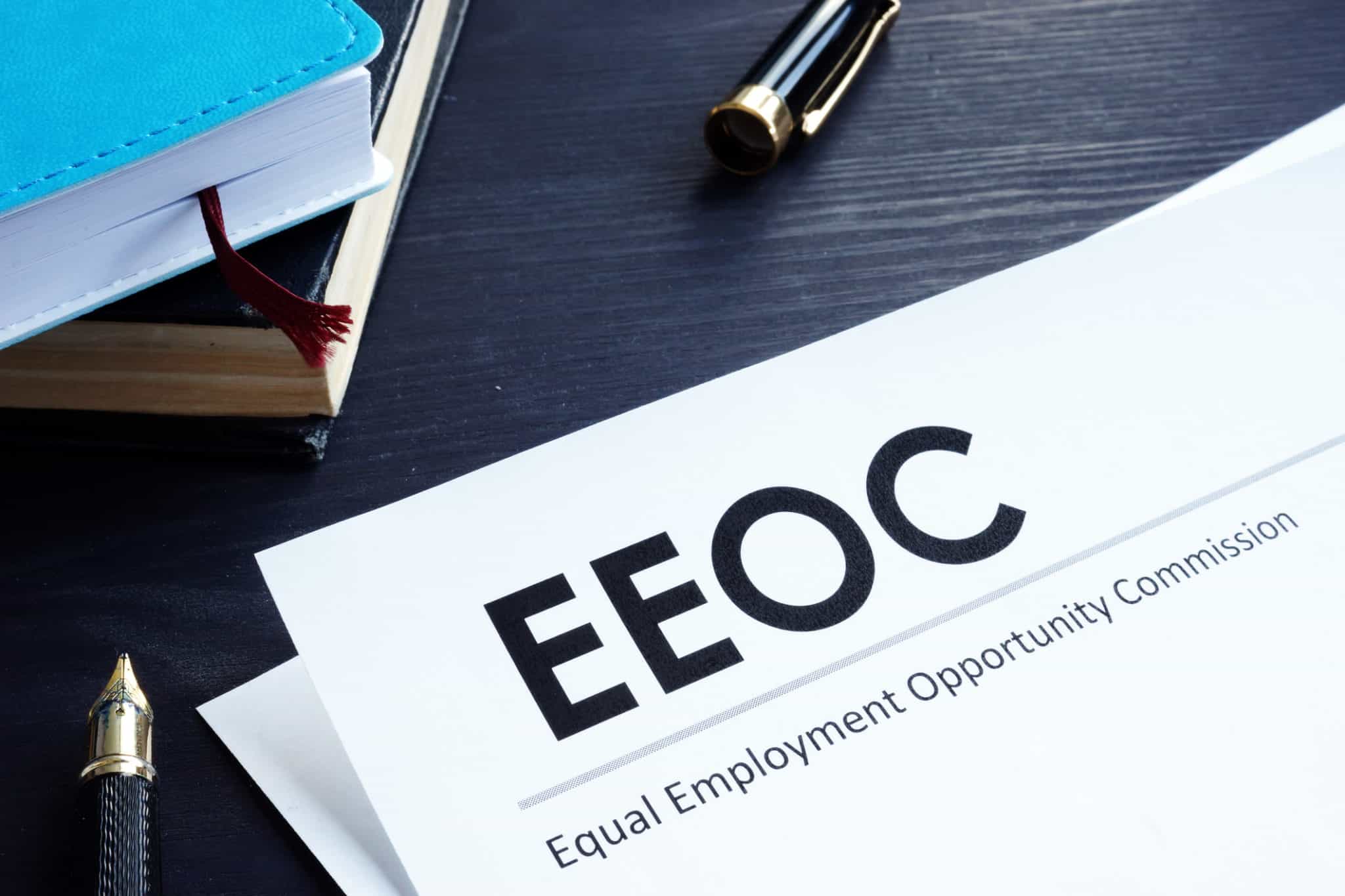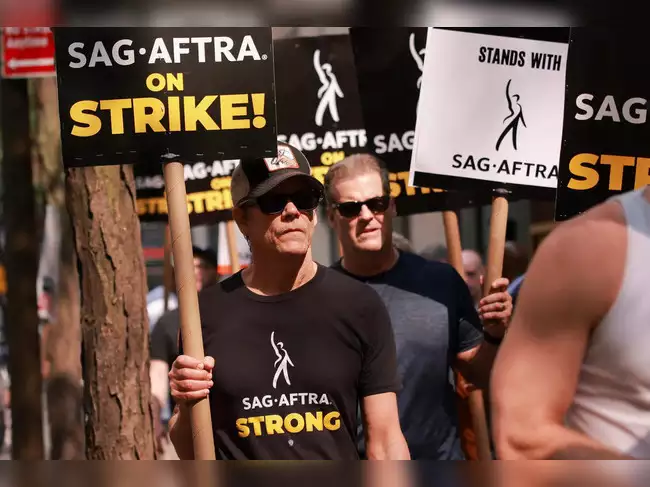
Maddie Chang is a student at Harvard Law School.
In today’s Tech@Work, the EEOC Chair lists AI hiring bias among agency’s top priorities; and workers for gig work platform Urban Company organize protests over poor working conditions in four Indian cities.
In a speech at the National Industry Liaison Group Conference in Phoenix last week, Chair of the Equal Employment Opportunity Commission (EEOC) Charlotte Burrows set forth the agency’s top priorities – goals the EEOC is in a better position to execute now that Commissioner Kalpana Kotagal has been sworn in, giving Democrats the majority in the Commission. Chair Burrows listed bias in artificial intelligence (AI) high on the agenda, alongside equal pay, harassment guidance, and protections for pregnant workers. Her announcement follows a series of steps the EEOC has begun to take in light of growing concerns about algorithmic discrimination in hiring.
One form of algorithmic discrimination in hiring can occur when employers use data-driven hiring tools that are trained on troves of historical hiring data. If for example, job applicants from a certain zip code have received lower scores over the years, then an automated hiring tool might down-grade new applicants from that zip code – simply because the algorithm has picked up on and replicated a pattern of exclusion present in the dataset.
In response to this phenomenon, in January of this year, the EEOC’s strategic enforcement plan announced the agency’s intention to focus on technology-related employment discrimination across the recruitment funnel (automated tools can be used to place job ads, recruit applicants, and assist in making hiring decisions). And in May, the EEOC published new technical assistance clarifying that as a general matter Title VII of the Civil Rights Act of 1964 does apply to algorithmic hiring tools (using AI tools counts as a “selection procedure” under the statute). The Commission further advised that employers who use third party software are in many cases responsible for ensuring that the software does not have a disparate impact against members of protected classes (there had previously been debate whether it was the software’s responsibility or the employer’s). As covered by Bloomberg, in her remarks, the Chair noted that she sees AI as a “new civil rights frontier.”
As reported in WIRED last week, workers for a prominent Indian gig work platform Urban Company have been organizing and protesting this summer in light of increasingly poor working conditions. Seeming to mirror a playbook used by other two-sided platforms, Urban Company started off by offering home services workers a way to connect easily with clients, good wages, and flexibility. As the WIRED article notes, this flexibility was particularly appealing to workers with caring responsibilities, and so the app drew mainly women workers.
But once the venture-backed company needed to start turning a profit, it began instituting new quota and rating requirements that were tricky to meet in practice (“workers had to maintain an acceptance rate of at least 70 percent, a customer rating of at least 4.7 out of 5, and cancel fewer than four jobs per month.”) Not meeting the high benchmarks meant getting blocked from the app, i.e. dismissed from the job. The company also created a new incentive: an opportunity to get shares of the company’s stock. But it did so in a gamified fashion where workers had to maintain a spot on the top-worker leaderboard for an amount of time that was a moving target. This led to situations where workers were working around the clock with no actual benefit accrued. In response to these conditions among others, workers have organized protests in Mumbai, Delhi, Bengaluru, and Kolkata, and have raised complaints with municipal labor departments, some of which have now requested meetings with Urban Company.










Daily News & Commentary
Start your day with our roundup of the latest labor developments. See all
March 1
The NLRB officially rescinds the Biden-era standard for determining joint-employer status; the DOL proposes a rule that would rescind the Biden-era standard for determining independent contractor status; and Walmart pays $100 million for deceiving delivery drivers regarding wages and tips.
February 27
The Ninth Circuit allows Trump to dismantle certain government unions based on national security concerns; and the DOL set to focus enforcement on firms with “outsized market power.”
February 26
Workplace AI regulations proposed in Michigan; en banc D.C. Circuit hears oral argument in CFPB case; white police officers sue Philadelphia over DEI policy.
February 25
OSHA workplace inspections significantly drop in 2025; the Court denies a petition for certiorari to review a Minnesota law banning mandatory anti-union meetings at work; and the Court declines two petitions to determine whether Air Force service members should receive backpay as a result of religious challenges to the now-revoked COVID-19 vaccine mandate.
February 24
In today’s news and commentary, the NLRB uses the Obama-era Browning-Ferris standard, a fired National Park ranger sues the Department of Interior and the National Park Service, the NLRB closes out Amazon’s labor dispute on Staten Island, and OIRA signals changes to the Biden-era independent contractor rule. The NLRB ruled that Browning-Ferris Industries jointly employed […]
February 23
In today’s news and commentary, the Trump administration proposes a rule limiting employment authorization for asylum seekers and Matt Bruenig introduces a new LLM tool analyzing employer rules under Stericycle. Law360 reports that the Trump administration proposed a rule on Friday that would change the employment authorization process for asylum seekers. Under the proposed rule, […]